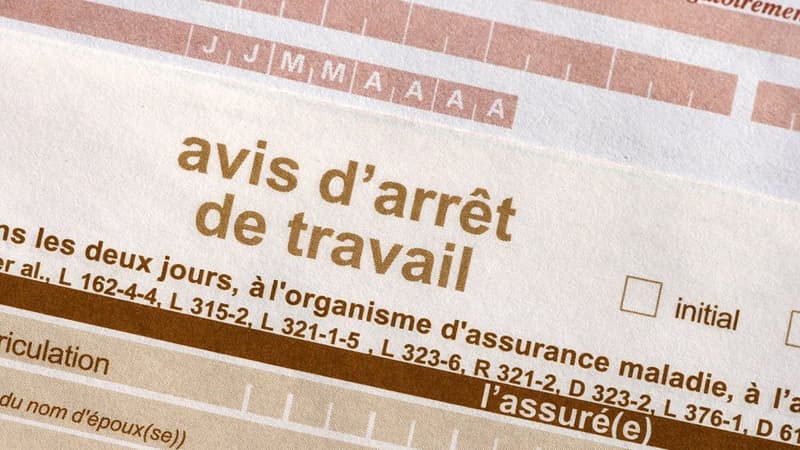The CPME, still opposed to the acquisition of paid leave by employees on sick leave decided in September by the Court of Cassation, asks the Government to legislate to soften the impact of this measure and, in particular, its retroactivity .
In a press release issued this Friday, the Confederation of Small and Medium-sized Enterprises recalls that it is “firmly opposed to the acquisition of paid leave during sick leave, which the Court of Cassation wishes to impose based on a European directive”, through sentences of September 13.
His petition launched at the end of October “has already collected nearly 25,000 signatures from businessmen who, naturally, are reluctant to be associated with this type of approach,” he underlines.
2 billion euros
In its statement, the CPME believes that “the government must listen to companies and agree, through a law adapted to European Union law, to modify the law.”
According to her, this implies “at a minimum, limiting the applicable retroactivity and limiting the number of days of paid vacation acquired in this context.” The government “must also ensure that the cost is not the sole responsibility of the employer.”
Employers estimated the cost of the measure at around 2 billion euros per year and fear having to pay 6 billion euros if affected employees were granted a three-year retroactivity.
It proposes, “for example,” to include in periods of work stoppage “a paid leave equivalent to rest and convalescence”, corresponding to 10% of the duration of the strike.
Priority constitutional issues
He adds that compensation for work stoppage through the daily social security subsidy (IJSS) “could include a period of 10% paid leave.”
It also points out that, on Wednesday, the Court of Cassation transmitted to the Constitutional Council, considering that they are “of a serious nature”, two priority questions of constitutionality (QPC) raised by an employee.
She regrets having been deprived, from 2014 to 2019, of paid leave during her non-occupational illnesses, and having seen her paid leave limited to one year during a work accident. The employee wants to know whether the articles of the Labor Code in question are compatible with the Constitution.
The CPME announces that it has joined forces with these QPCs through a so-called “narrow door” procedure, to defend, for its part, “the conformity (with the Constitution, ed.) of the current provisions of the Labor Code that specify that in the absence of effective work, an employee on sick leave does not acquire paid leave.
Source: BFM TV


